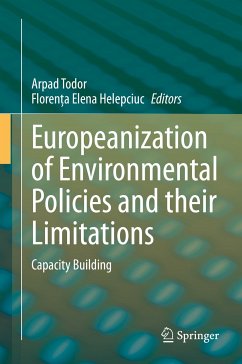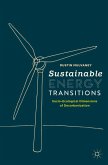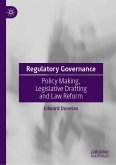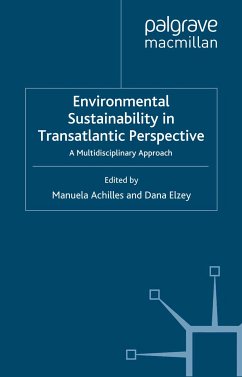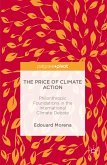The book examines the institutional building capacity in Romania after two decades of the development of the EU's environmental policy on elaboration, transposition, implementation, monitoring and institutional building. How has Romania fared as one of the least environmentally friendly EU member states? What are the limits of Europeanisation in the area of public policies? What is the reason why, despite the overwhelming public interest in environmental issues and widespread agreement that urgent action to protect the environment and prevent a catastrophic climate change are paramount, the pace of achieving the goals is still very slow. Why do policies fail?
This book brings together several case studies focusing on the evolution of environmental policies in Romania over the last twenty years, with a special focus on the post-accession period (2007 onwards). The book analyses events over the last twelve years in policy areas where evolution can be described as less than satisfactory and try to understand why.
Dieser Download kann aus rechtlichen Gründen nur mit Rechnungsadresse in A, B, BG, CY, CZ, D, DK, EW, E, FIN, F, GR, HR, H, IRL, I, LT, L, LR, M, NL, PL, P, R, S, SLO, SK ausgeliefert werden.

